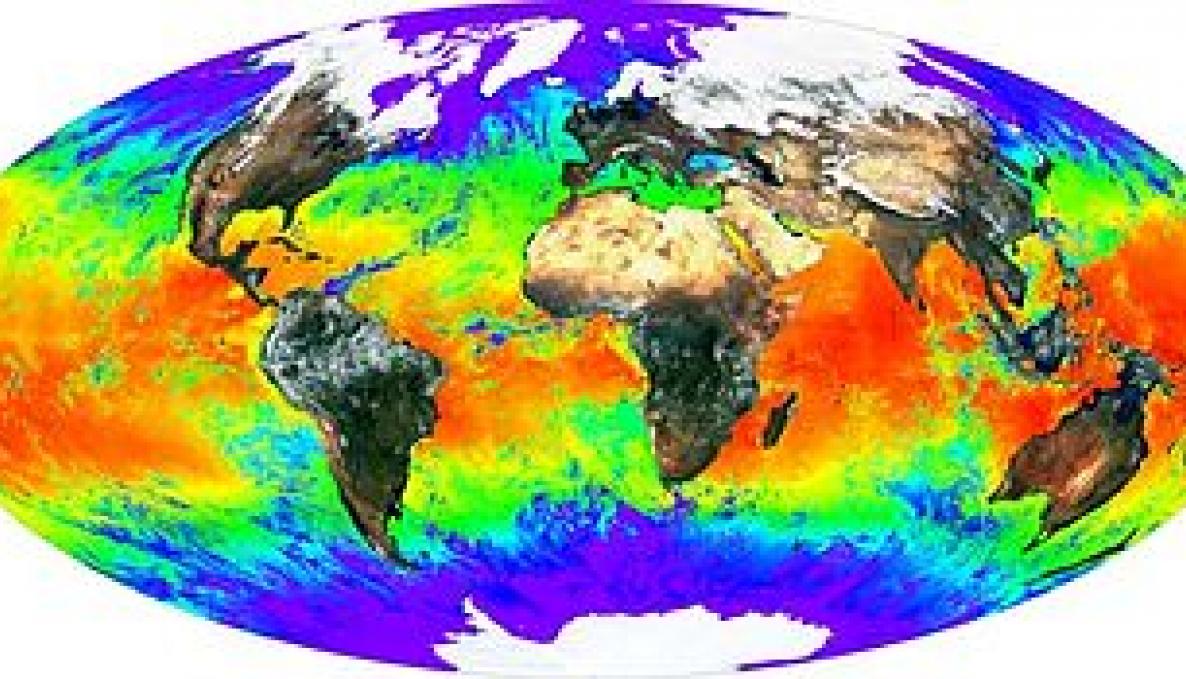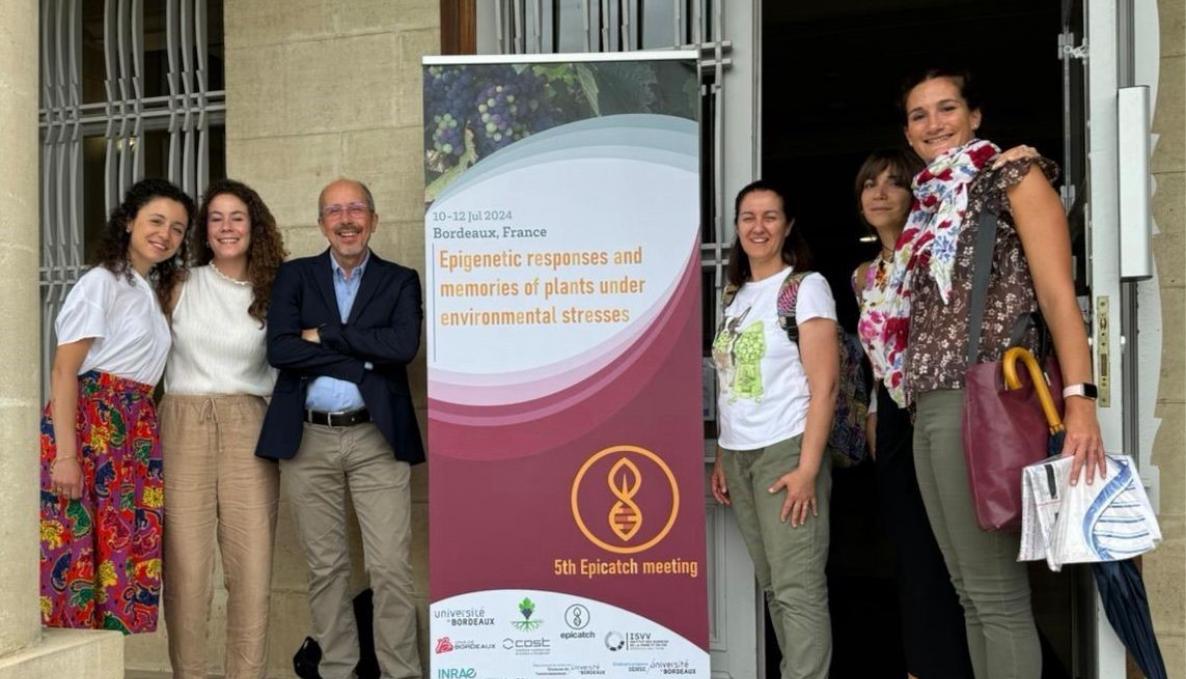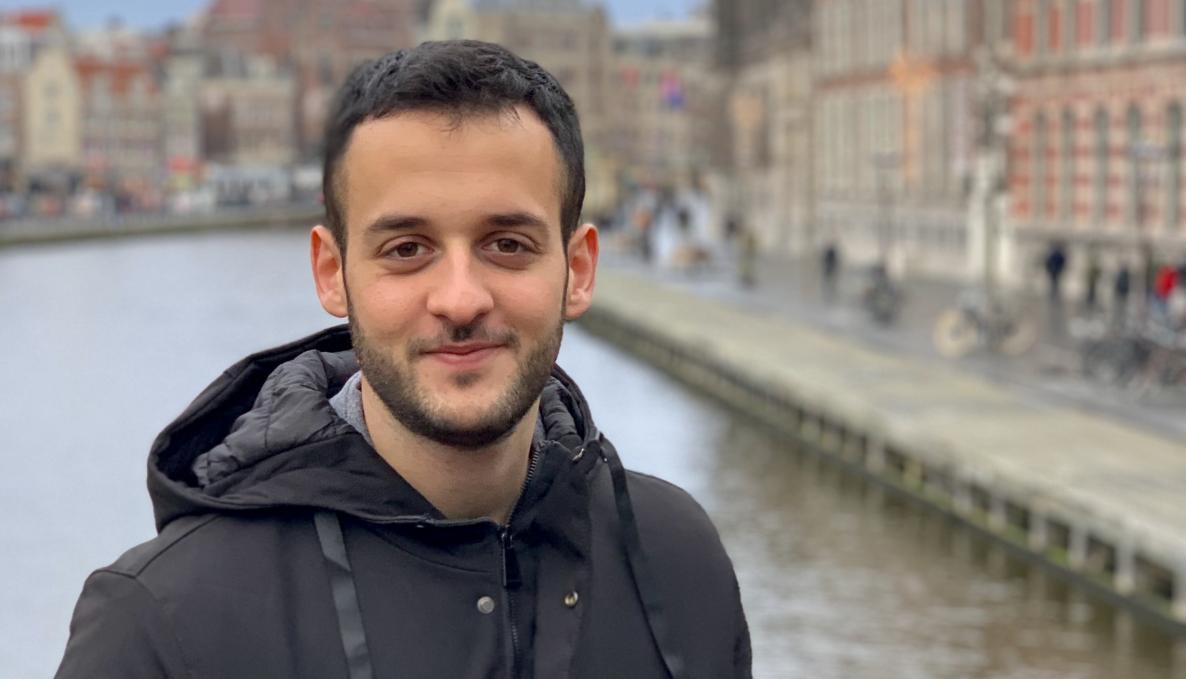Tackling climate change, why are we lagging behind? Three researchers from the Sant'Anna School analyse psycho-social behaviour and attitudes: on Thursday 17 June, the RUS (Universities for Sustainable Development) conference

Indifferent or inert, laggards and unable to enjoy nature: these are the collective attitudes that today characterise the relationship between individuals and the environment and are at the root of the delay in the fight against climate change. Attitudes and behaviours that will be highlighted, together with some proposals for a change of page, by Alberto Pirni, associate professor of moral philosophy, Fausto Corvino, research fellow in moral philosophy, and Alex Putzer, PhD student in Human Rights and Global Politics, all from the Research Area in Public Ethics of the Dirpolis Institute (Law, Politics, Development) of the Sant'Anna School and members of the RUS, the Network of Universities for Sustainable Development, which has organized, on the 17th of June, the conference "Why so late? Why so slow? Psycho-social aspects in the delay in the fight against climate change. From everyday behaviour to collective action". The meeting of 17 June will be held online, from 9.30 a.m. to 6 p.m.
RUS, the Network of Universities for Sustainable Development, was promoted in 2015 by CRUI, the Conference of Italian University Rectors, and is the first experience of coordination and sharing among all Italian Universities committed to the issues of environmental sustainability and social responsibility. The papers of the three speakers from the Scuola Superiore Sant'Anna were selected through an interdisciplinary call for papers.
“Diachronic indifference and ethical motivation: rethinking the duty of justice towards future generations” is the title of the presentation with which Professor Alberto Pirni invites us to imagine an “exit from the endemic indifference displayed towards future generations and the behavioural changes that are needed to overcome it. Such an approach might lead to a more equal distribution of possibilities between present and future generations while remaining within the realms of sustainability and climate change”. “The aim - according to the lecturer - is to frame the emotion of indifference in light of its diachronic conjugation, which appears to benefit from moral justification.”
“Pleasure Paralysis: How we stopped enjoying Nature” is the topic addressed by Alex Putzer: “Humans’ well-being depends on their ability to enjoy Nature. However, due to the awareness of humanity’s inadequate relationship with her, examples include climate change and the loss of biodiversity, this ability is increasingly fading away”. “A similar concept to Pleasure Paralysis - adds the student - is eco-anxiety, which describes the chronic fear of environmental doom. Importantly, such phenomena can lead to serious harm: the terrorists of Christchurch and El Paso have both justified their actions by referring to concepts similar to eco-anxiety. Even though past generations might have enjoyed Nature in a way we are currently unable to replicate, as of today, we have the possibilities to substitute the pleasure and increase its intensity with non-natural sources. Consequently, the lack of ‘enjoyable’ Nature becomes a question of intergenerational justice which asks us how to reignite the pleasure within human-Nature relations.
"When discussing general inertia in climate change mitigation, one usually approaches the analysis either in terms of epistemic obstacles or moral obstacles. My theory, - comments Fausto Corvino, author of the study "Climate change and procrastination: why many people continuously postpone the choices they believe are right with respect to the climate crisis, and what can be done about it" - , "is that both of these types of obstacles now play a secondary role: many people clearly understand the physical and social dynamics that go along with climate change. The main reason why so few people succeed in reducing their ecological footprint is an ethical short-circuit that does not allow most of them to reveal their "true" climate-related preferences in their daily choices".



